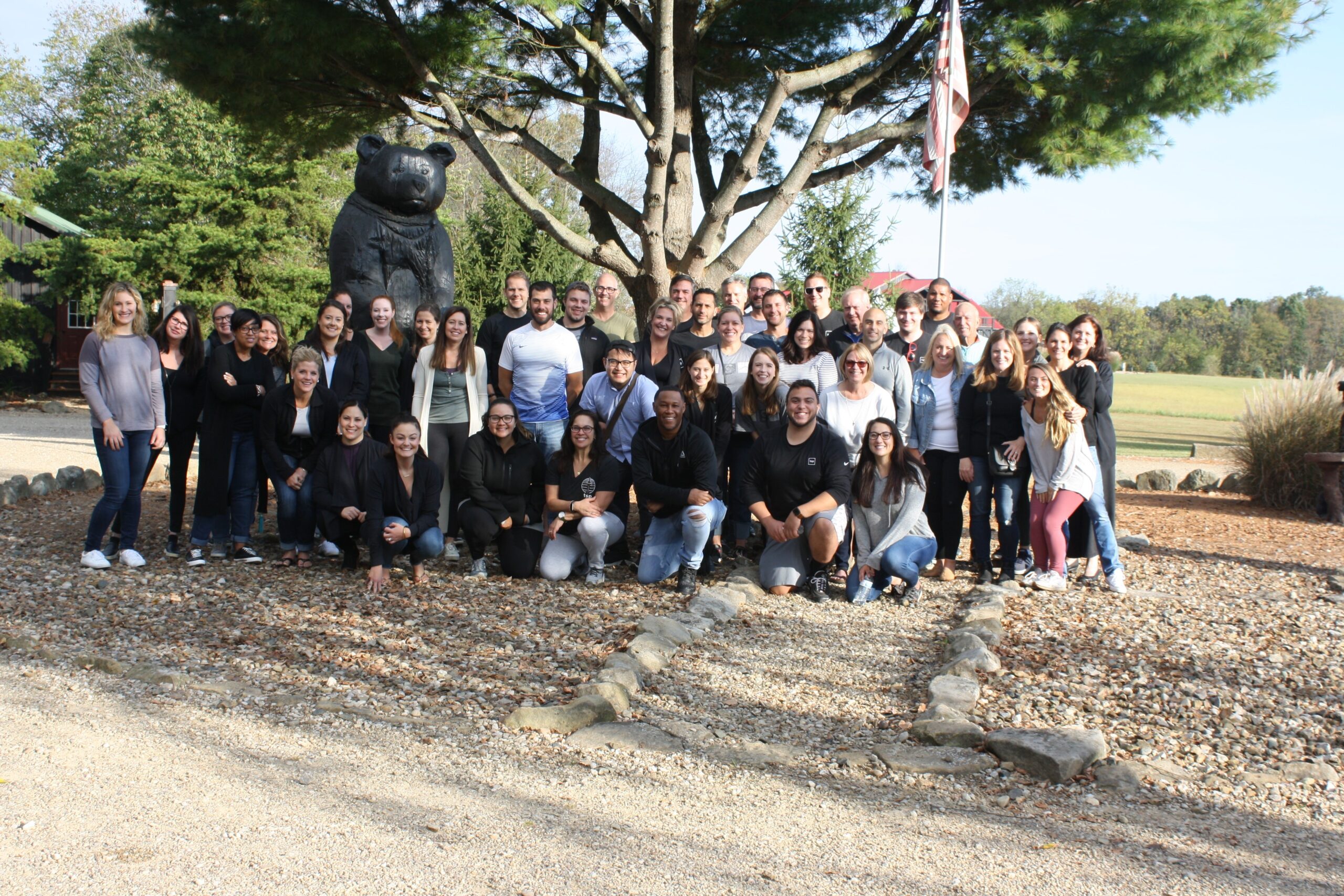How do you define urgency? What does that look like to you in the workplace?
In an era defined by the global nature of business and the prevalence of remote work, the concept of urgency seems to be fading away. With teams spread across different time zones and a growing emphasis on work-life integration, the traditional sense of urgency is losing its place in the modern workplace. However, it’s crucial to recognize that urgency is not just a relic of the past; it represents respect, professionalism, and efficiency. Urgency matters and workplaces can reintegrate this essential element into their culture to stay forward moving.
The rise of remote work and flexible schedules has undoubtedly transformed the way we approach our professional lives. With teams collaborating from different corners of the globe, the 9-to-5 workday has become a thing of the past. While this shift promotes flexibility and work-life integration, it has also led to a subtle erosion of the sense of urgency that was once a hallmark of successful workplaces.
The sense of urgency in the workplace is not just about rushing through tasks or creating unnecessary stress. Instead, it is a sign of respect for other people’s time and a commitment to meeting shared goals. When we prioritize urgency, we demonstrate a dedication to the collective success of the team. In a world where time zones can create delays and communication challenges, urgency becomes a unifying force that keeps everyone aligned.
Professionalism is often associated with a strong work ethic, and a crucial aspect of that is recognizing the value of time. Urgency is a tangible manifestation of professionalism, showcasing a commitment to deadlines, accountability, and delivering high-quality results. In a workplace that embraces urgency, employees are more likely to take their responsibilities seriously, fostering an atmosphere of mutual trust and accountability.
Reintroducing Urgency in Remote Work:
- Clear Communication: Encourage open and transparent communication about project timelines, expectations, and deadlines. Clear communication ensures that everyone is on the same page and understands the urgency of certain tasks.
- Setting Realistic Deadlines: While urgency is important, it’s equally crucial to set realistic deadlines. Unrealistic expectations can lead to burnout and compromise the quality of work. Striking the right balance ensures that urgency is maintained without sacrificing well-being.
- Utilizing Technology: Leverage technology to bridge the gaps created by different time zones. Utilize collaboration tools, project management software, and communication platforms to streamline workflows and enhance productivity.
- Leading by Example: Leadership plays a pivotal role in shaping the culture of urgency within a workplace. Leaders should exemplify a strong work ethic, meet deadlines, and communicate the importance of urgency to the entire team.
In a world where work-life integration is celebrated, urgency remains a cornerstone of professionalism. It is not about perpetuating a culture of stress but rather about fostering a deep respect for time and commitments. As workplaces continue to evolve, finding a balance between flexibility and urgency is key to maintaining a high level of professionalism and achieving collective success. It’s time to revive the lost art of urgency and bring back a sense of respect and efficiency to our remote and diverse workplaces.




